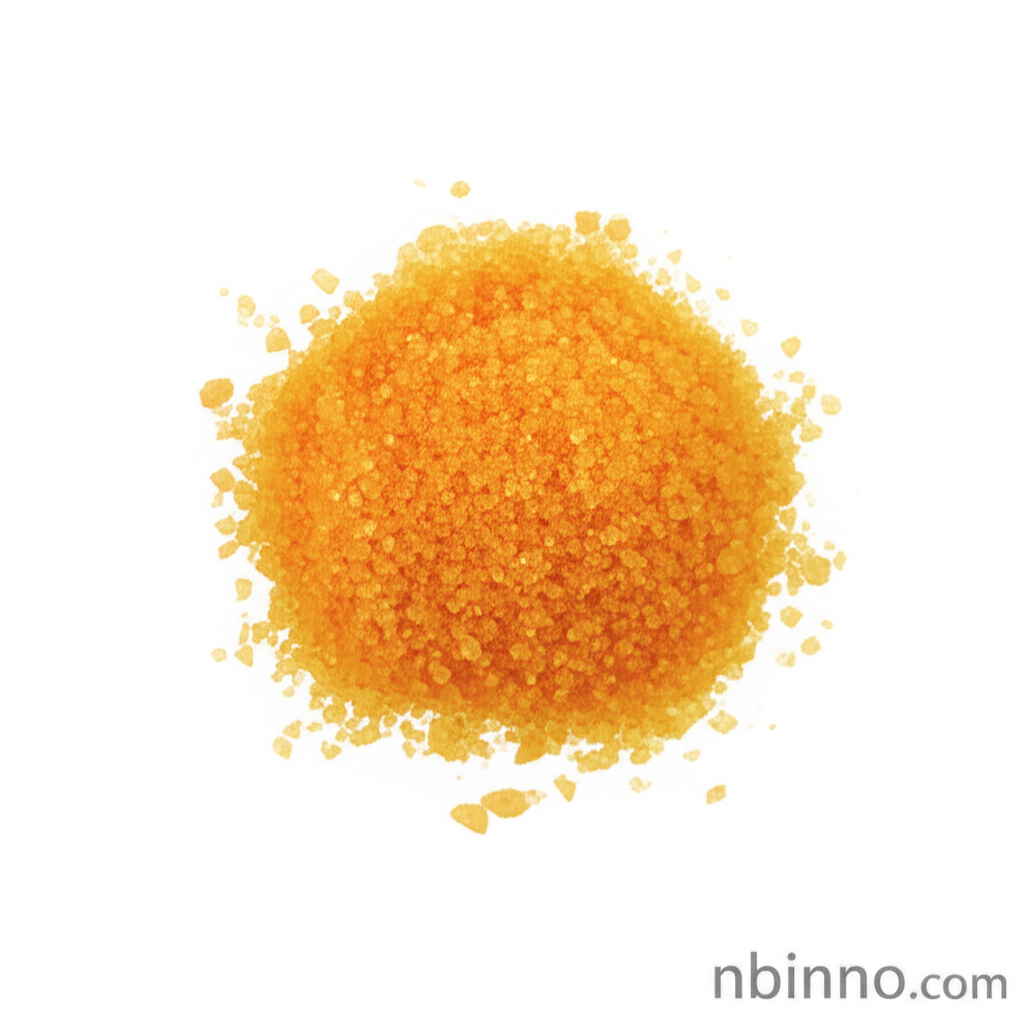Carmustine CAS 154-93-8: A Comprehensive Guide to its Properties, Applications, and Benefits
Explore the critical role of Carmustine (BCNU) in oncology, from its mechanism to treatment applications.
Get a Quote & SampleProduct Core Value

Carmustine
Carmustine is a crucial chemotherapy drug, classified as an alkylating agent. Its primary mechanism of action involves interfering with DNA replication and transcription in cancer cells by forming interstrand crosslinks, thereby halting cancer cell division and growth.
- Discover the primary uses of carmustine in treating various cancers, including brain tumors like glioma and glioblastoma multiforme, as well as multiple myeloma and lymphoma.
- Understand the carmustine mechanism of action, where it acts as an alkylating agent to disrupt cancer cell DNA.
- Learn about the specific application of carmustine in Gliadel wafer implants for brain tumor treatment, offering localized drug delivery during surgery.
- Explore the process of purchasing carmustine from reliable suppliers, ensuring quality and availability for research and medical use.
Key Advantages
Targeted Cancer Therapy
Carmustine's efficacy as an alkylating agent provides a targeted approach to cancer treatment, effectively inhibiting the proliferation of malignant cells and offering hope to patients with challenging diagnoses.
Versatile Application Forms
The availability of carmustine in both injectable form and as biodegradable Gliadel wafers highlights its versatility, allowing for tailored treatment strategies, especially in neuro-oncology, a key area where buy carmustine is sought.
Established Efficacy
With a long-standing history in cancer treatment, carmustine's effectiveness against various hematological and solid tumors is well-documented, making it a trusted component in many chemotherapy regimens. Sourcing from a reputable carmustine supplier is vital for consistent results.
Key Applications
Brain Tumor Treatment
Carmustine is extensively used for treating primary and metastatic brain tumors, including gliomas and glioblastoma multiforme, often administered directly via Gliadel wafers during surgery for localized therapy.
Lymphoma Management
It serves as a critical treatment for both Hodgkin's lymphoma and non-Hodgkin's lymphoma, where its DNA-crosslinking properties help to control the spread of cancerous lymphocytes.
Multiple Myeloma Therapy
Carmustine is an important agent in the treatment of multiple myeloma, an often complex blood cancer, contributing to patient management and therapeutic outcomes.
Stem Cell Transplantation Adjunct
It can be used as part of conditioning regimens before hematological stem cell transplantation to reduce the recipient's white blood cell count, a critical step in preparing for the transplant.
